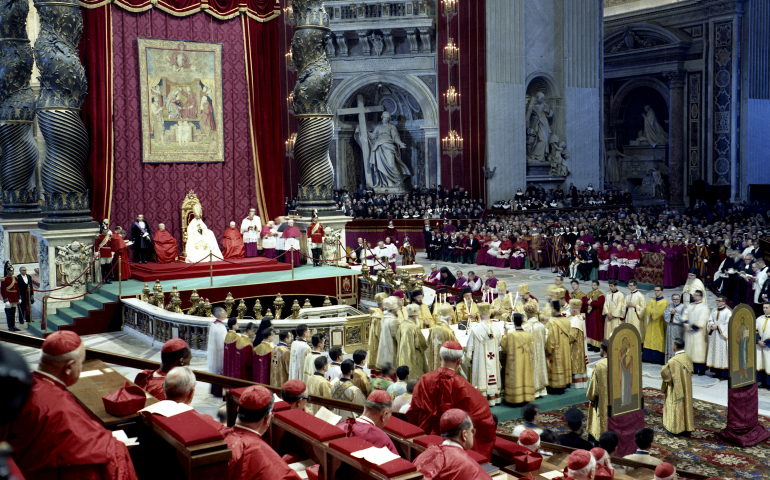Tis_Bearself
Patron
I don’t mean to derail the thread, but can someone explain to me what the New Evangelization even is? I’ve been hearing the words my whole life, but because I wasn’t around (at least not in any sentient state) before Vatican II, IDK what’s the difference between New Evangelization and the “Old Evangelization” that they presumably had before. I’d also hope that at some point we can stop calling things that have been around for 50+ years “new”. How about just calling it “evangelization”.
As for “fruits of Vatican II”, I like the faster canonizations, and I liked many of the hymns and songs and musical styles that other people on the forum seem to largely dislike so I won’t “go there”. I also liked that I didn’t get as much pushback when I wanted to marry a Protestant as I probably would have gotten before Vatican II, and that Mass and church participation are not as stiff and “formal” as they used to be. These are of course the good fruits. I’m not listing the bad fruits, of which there were also a good many.
As for “fruits of Vatican II”, I like the faster canonizations, and I liked many of the hymns and songs and musical styles that other people on the forum seem to largely dislike so I won’t “go there”. I also liked that I didn’t get as much pushback when I wanted to marry a Protestant as I probably would have gotten before Vatican II, and that Mass and church participation are not as stiff and “formal” as they used to be. These are of course the good fruits. I’m not listing the bad fruits, of which there were also a good many.
Last edited:

